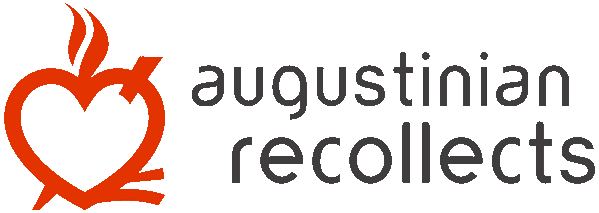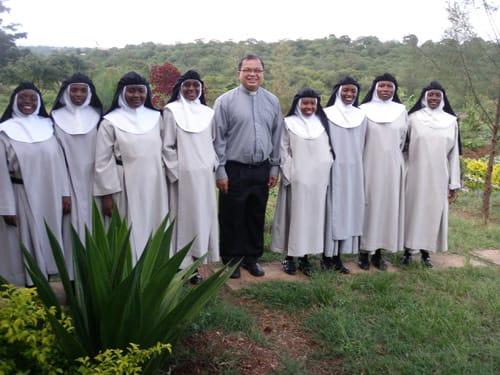Sierra Leone
—Father Raul, when was the first time you went to Africa? How many times you visited the place since then and which parts of the continent have you been to?
I went for the first time to Africa as part of the first group that founded our mission of Kamabai, in Sierra Leone. We arrived at the end of 1996, either on December 27 or 30. Since we left in 1998, I returned to the place four times, in 2001, 2002 and 2004, when we could finally reopen the mission, and also in 2008. The last visit happened when I proceeded to Sierra Leone from Kenya to represent the provincial as official visitation of the mission communities as requested. On one occasion I went to Ivory Coast for visa purposes and at another time to Guinea-Conakry when then there were no international flights direct to Sierra Leone.
—How is Sierra Leone at present?
The current situation of the country in terms of peace and order is good. One can do pastoral work without any risk to his security and can travel to the most remote villages without any problem. Economy-wise, the country continues to struggle inside a tunnel, without yet signs of light. Investments are not arriving, and the electrification, which was expected to serve as the key to a better future, is going on a very discouraging pace. The gigantic dam turned out weak and faulty and the project is left abandoned at the moment, after thousands of posts and hundreds of kilometers of high-voltage cable were already in place. The big challenge to the Church and to our missionaries is education. Our religious run over a hundred primary schools in the territory of the two parishes, and lately there is excitement with the forthcoming opening of the secondary offering in Kamabai. It is also to be noted that the training center for technical skills has reopened, thanks to the aid that mainly comes from Spain.
Augustinian Recollect Nuns
—You have just been in one of the Augustinian Recollect monasteries in Kenya: What did you do there and how did you find the nuns?
Yes, indeed, I was in our monastery in Wote, Makueni, diocese of Machakos. It is the monastery of Our Lady of Consolation, founded in 2006 and inaugurated on September 8, 2008. I stayed there for a month from March 23 to April 20, giving lectures on religious life. The community is full of life and of future. With the two formators, the Mother Mª José from Spain and Sister Judith from the Philippines, are the 19 nuns; eight of them are of simple vows, four are novices, and seven postulants. And many more are in the waiting list.
—What do you know of the other OAR monastery in the north of Kenya?
The other monastery, belonging to the OAR Confederation of Mexico, is far away and I did not have the opportunity to visit it. The only thing that I know is that, when they came to establish it, our Mexican nuns, before starting their new community in the north, spent some months with the nuns in Wote. They receive good support from a group of religious from Spain and from the Bishop of the diocese. It would be great if we try our best to stay in contact with them and extend help because they are very isolated and do not have their own resources.
Native vocations
—What are the prospects for the Order in terms of vocations from Africa?
My knowledge is very much limited as to the vocation landscape in Africa. In Sierra Leone, we have two seminarians studying Philosophy at the Diocesan seminary. They are children of our teachers and catechists of our parish in Kamabai. We know them since they were kids. They are already in the advanced stage in Philosophy but it is still early to be enthusiastic. More vocations to the priestly and religious life and to the contemplative life can possibly come from there.
There are two Nigerian seminarians who wanted to join us after having chanced on our Order through the internet. Fr. Joseph Shonibare, a British of Nigerian origin and presently assigned in Kamalu, got in contact with them and visited their families. They were asked to join the communities in Sierra Leone for orientation. After a period the local community proposed that these candidates be sent to the Philippines. The Provincial of the province of San Ezequiel, along with its council, was favorable to the proposal. As of presstime, the two Nigerians are already incorporated into the community of Cassiciacum Recoletos Seminary in Baguio City, Philippines, for postulancy and later to pre-novitiate in Antipolo. Profession comes after a year-long novititate and then the four years of theology. On the other hand, the contemplative Augustinian Recollect nuns in Kenya assured me of the interest of some of their male relatives to enter the seminary. The community in fact is nurturing a possible vocation in a young boy serving in the mass and helping in the garden during his vacant time. In short, Kenya might just be ripe for harvest for male vocations as well… a field to explore.




